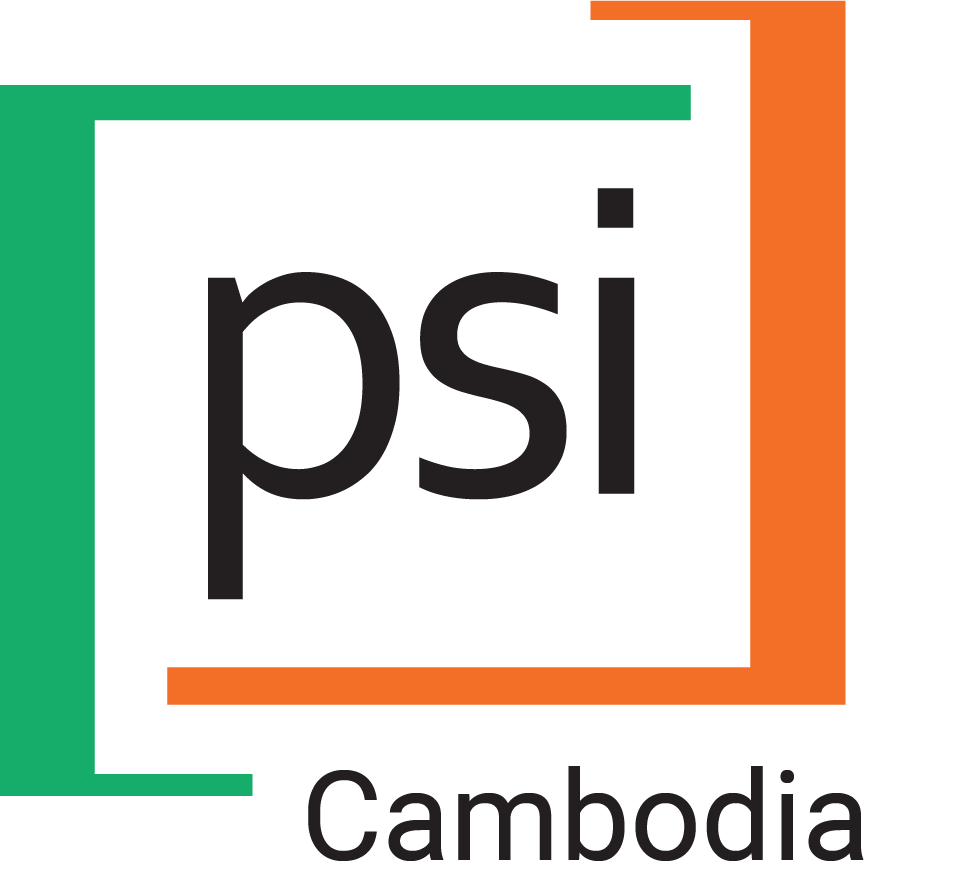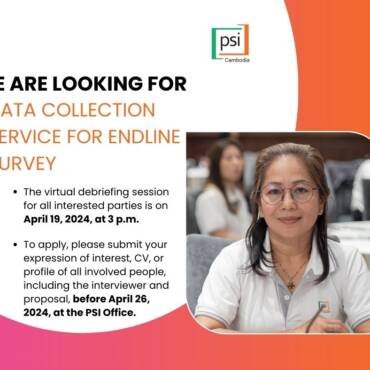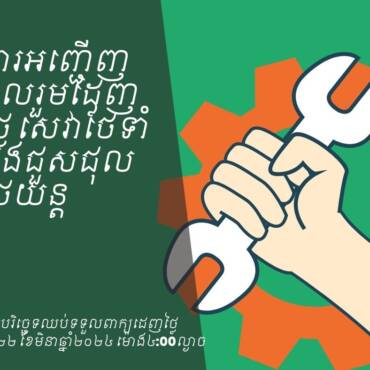Lessons Learned: WASH campagin
The following lessons learned from our WASH intervention may be useful to other projects, development partners or government aiming to promote healthy WASH behaviors.
Care for family is the main motivator: Love and care for family members is still an important element of Cambodian culture. Family members love and respect each other and want to keep them safe which is a powerful motivator. A lot of audience cites the wish to prevent diseases from infecting their family members, especially children as their key motivator.
DIY handwashing station is preferred to product purchase: Because of the low-cost and availability of materials at home, PHB team shifts promotional focus away from ‘buy the kit’ and instead promote DIY kits including DYI manual and how-to demonstration. The washing kits are also very popular with children who see the kits as a fun tool and it serves as a stimuli in encouraging them to wash their hands often and in turn, they remind their parents to wash their hands too. Through our adaptive learning approach, PHB modified the tool artwork and key messages to focus on children.
Installing handwashing stations does increase the frequency of handwashing: WASH kits increase handwashing frequency by making it more convenient and habitual. Especially, it is popular among children as they are more enjoyable to use than traditional systems.
Face-to-face communication still matters: People are more likely to pay attention if the communications are meaningful, sincere and coming from people they trust such as the village chiefs or their local Village Health Support Group (VHSG) workers. This can be hard to replicate without face-to-face communication. According to the post-assessment, community events (69%) were the most effective channel for key message recall, followed by verbally passing of information by village chiefs (42%) and loudspeakers played by village chiefs (42%).
Technology does not come free: Technology can reach many people in a short period of time. However, adequate budget and plans are necessary to ensure scaling up and sustainability. Some of those technologies are not cheap. Also, the cost does not always only mean monetary investment, but it can refer to time and workload. For example, PHB team realized that the use of Robocall needs more effort than they are worth. The Robocall administration was taking up 50% of the staff workload. PHB team discontinue the service and instead utilize time and budget for face-to-face engagement and activities.



